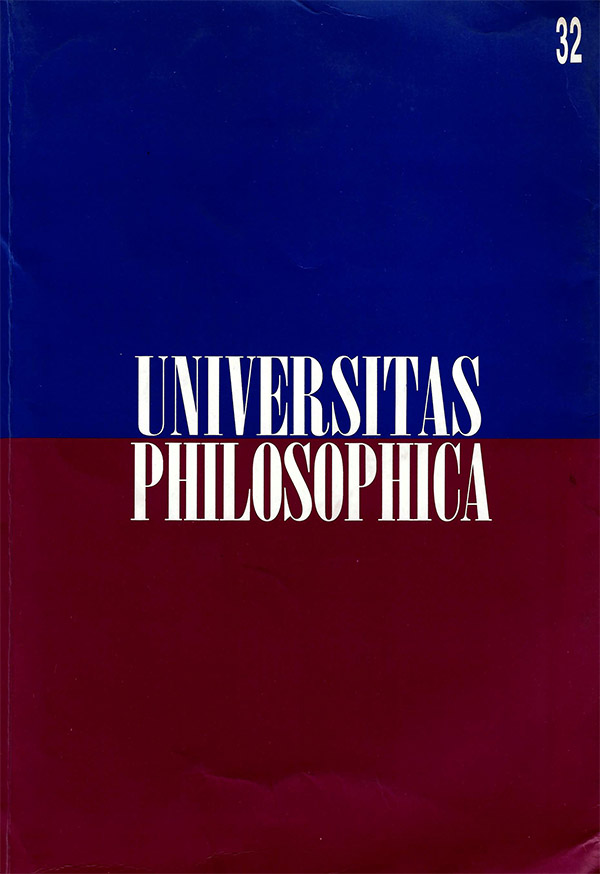Resumen
El propósito primordial del presente texto, no es hacer una presentación sistemática del pensamiento de Wittgenstein sobre la experiencia y el lenguaje religiosos; quiere, más bien, llamar la atención sobre la fecundidad que contiene dicho pensamiento para la búsqueda de una revitalización y renovación de la filosofía, especialmente de la filosofía de la religión en América Latina. Tras algunas consideraciones sobre las características del pensamiento wittgensteiniano y de su influjo en la filosofía de nuestro siglo, el autor aborda la exposición de los rasgos más relevantes de la experiencia y del lenguaje religiosos del filósofo austríaco. Haciendo un recorrido por algunas de las obras místico-religiosas de Wittgenstein, subraya la originariedad tanto de la experiencia como del lenguaje religiosos (insisite en la irreductibilidad de ambos a cualquier otro de los juegos del lenguaje, destacando su carácter no cognoscitivo) y pone de relieve un peligro que siempre amenaza a nuestra cultura: aprisionar el lenguaje religioso en las redes de la metafísica. La función del lenguaje religioso consiste en mantener, viva en la conciencia humana, la experiencia de misterio y de sorpresa permanente, esenciales en una vida humana auténtica.Esta revista científica se encuentra registrada bajo la licencia Creative Commons Reconocimiento 4.0 Internacional. Por lo tanto, esta obra se puede reproducir, distribuir y comunicar públicamente en formato digital, siempre que se reconozca el nombre de los autores y a la Pontificia Universidad Javeriana. Se permite citar, adaptar, transformar, autoarchivar, republicar y crear a partir del material, para cualquier finalidad (incluso comercial), siempre que se reconozca adecuadamente la autoría, se proporcione un enlace a la obra original y se indique si se han realizado cambios. La Pontificia Universidad Javeriana no retiene los derechos sobre las obras publicadas y los contenidos son responsabilidad exclusiva de los autores, quienes conservan sus derechos morales, intelectuales, de privacidad y publicidad.
El aval sobre la intervención de la obra (revisión, corrección de estilo, traducción, diagramación) y su posterior divulgación se otorga mediante una licencia de uso y no a través de una cesión de derechos, lo que representa que la revista y la Pontificia Universidad Javeriana se eximen de cualquier responsabilidad que se pueda derivar de una mala práctica ética por parte de los autores. En consecuencia de la protección brindada por la licencia de uso, la revista no se encuentra en la obligación de publicar retractaciones o modificar la información ya publicada, a no ser que la errata surja del proceso de gestión editorial. La publicación de contenidos en esta revista no representa regalías para los contribuyentes.


